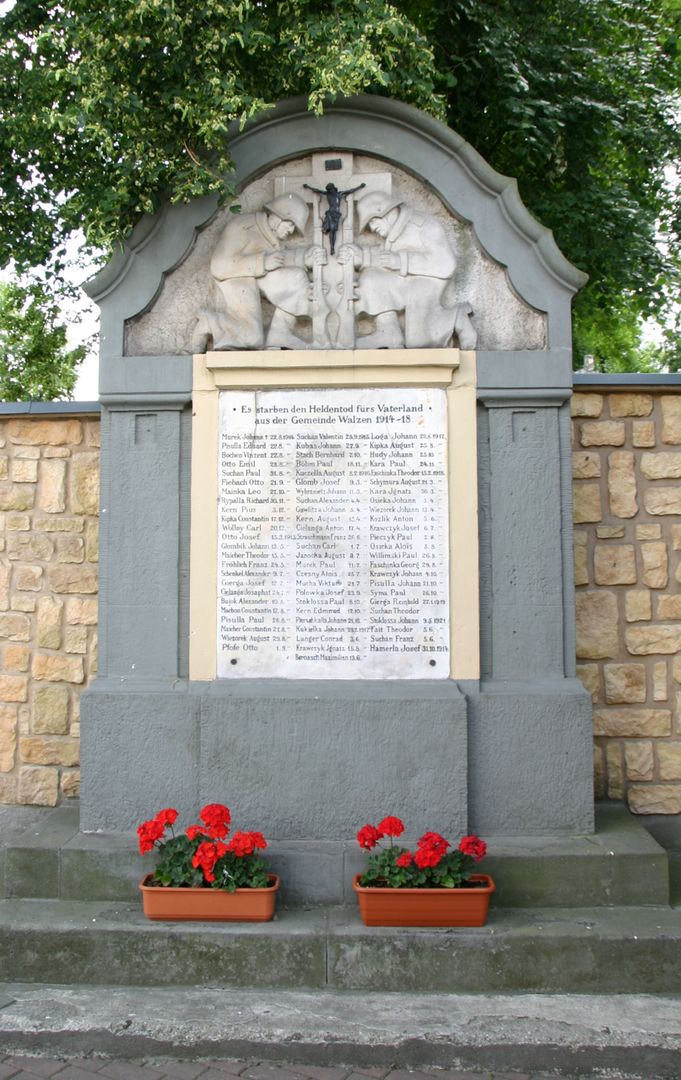Waltz
6.67

Overview
Walce is a village located in the Opole Voivodeship, within Krapkowice County, serving as the administrative seat of the eponymous municipality. The settlement boasts a rich history dating back to the Stone Age, with the first written mention of it appearing in 1228. Initially associated with the Cistercian Abbey in Kazimierz, the village later came under the protection of the Bishopric of Wrocław. Walce experienced numerous wars, including the Thirty Years' War and the three Silesian Wars, which significantly impacted its development. In the 18th century, a palace was built in Walce, though it did not survive to the present day, and in 1894, the Church of St. Valentine was constructed. The village's architecture is diverse, featuring numerous half-timbered residential houses as well as remnants of manor houses and farm buildings. Walce has been a hub for various associations, including a sports club and folk ensembles, reflecting its vibrant local culture. Today, the village is a recognized center for the German minority and Silesians, who speak the Prudnik dialect. As the largest village in the municipality, Walce serves commercial and cultural functions, housing the Municipal Cultural Center, which organizes festivals and events. The locality is also known for its folk traditions, documented by ethnographers. The local Volunteer Fire Department ensures the safety of residents. Notable events, such as the Silesian Uprising of 1945 and tragic incidents related to World War II, have shaped Walce's identity. Prominent figures associated with the village include the Romance scholar Alfons Hilka and German consul Georg Gyssling. Walce is a place that blends a rich history, tradition, and contemporary local life, offering attractions for both tourists and residents.
Location
2026 Wizytor | All Rights Reserved